Vivien Li has words of hope for other environmental advocates who might be pessimistic given the prevailing attitude toward their causes in Washington.
Don’t give up. Keep making allies. Find projects where you can have a direct impact, in your town or state.
“We have been through tough times when people have not necessarily supported environmental issues,” said Li, who is best known for her work championing Boston Harbor. “We have been through difficult times before.”
Li’s career as an environmentalist essentially spans the length of the modern environmental movement: She got started 55 years ago, around the same time as the first Earth Day, when Richard Nixon was president. As a teenager, she helped organize “nocturnal ecologists” to surreptitiously clean up litter at night around her New Jersey community, and stayed engaged while attending Barnard College in the 1970s.
Now, Li’s contributions are being recognized through the publication of an oral history of her career by the Bancroft Library at UC Berkeley, and by the awarding of the Liff Spirit Award to Li on Wednesday by the Emerald Necklace Conservancy. Li is on a speaking tour of sorts, tied into the Bancroft Library project and Earth Day 2025 (April 22), that includes stops at the Boston Public Library and Greater Boston Chamber of Commerce.
Li led The Boston Harbor Association (now Boston Harbor Now) for more than 20 years, taking over the nonprofit in 1991 and helping it out of a financial crisis. Her most visible claim to fame could be the 40-plus mile Harborwalk along Boston’s waterfront. At the chamber event last month, she talked about how early help from waterfront developers such as John Drew and the late Norman Leventhal turned out to prove crucial to its completion. Her first decade with the association also coincided with the multibillion-dollar cleanup of the harbor.
Li left Boston in 2015 to take on a similar role with Riverlife in Pittsburgh, and returned to Boston nearly three years later to help with older family members who had health issues. She’s retired now, though busy with several nonprofit boards and commissions — and with sharing advice for the next generation of advocates.
“Even in these difficult times, I’m optimistic,” Li said. “Who knows? Maybe we’ll bring back ‘nocturnal ecologists.’”
Giving ‘em a break
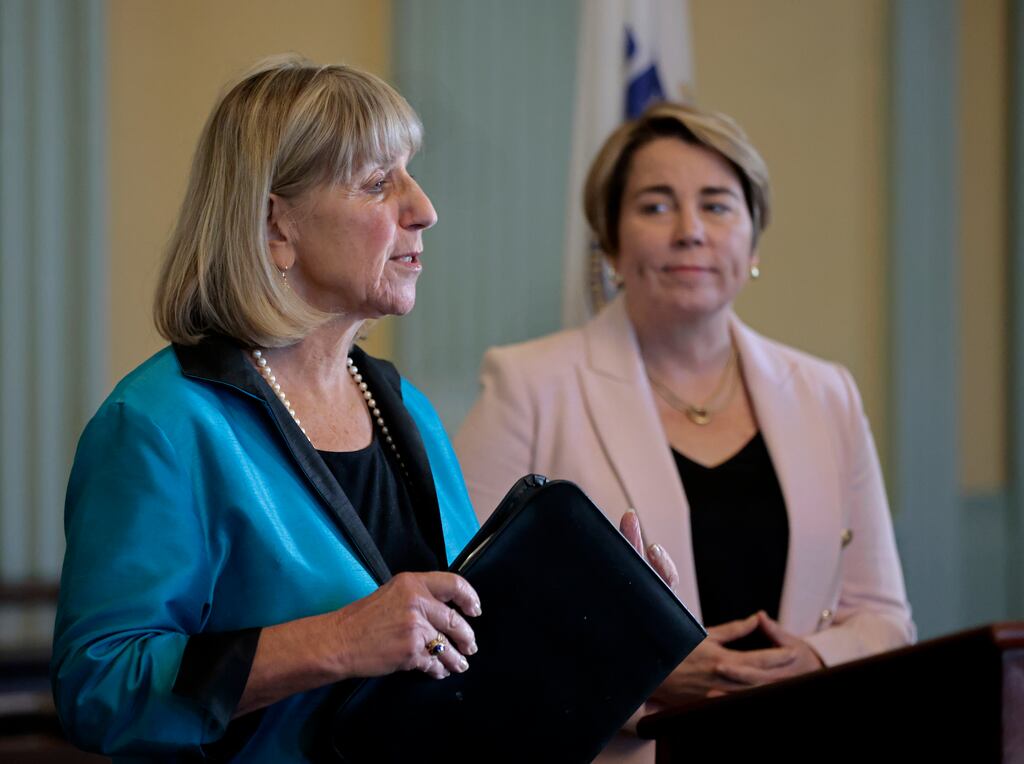
Could a sales tax break help reignite stalled housing construction? Senate President Karen Spilka sure hopes so.
Speaking at the Greater Boston Chamber of Commerce on Wednesday, Spilka announced the Senate will explore removing the sales tax on construction materials for multifamily projects. Spilka mentioned it in the context of how Trump administration tariffs are adding to construction costs because much of the state’s lumber and steel comes from Canada.
Chamber chief executive Jim Rooney praised the sales tax idea in a Q&A with Spilka after her speech. Housing production right now, he said, is flat at best, and Governor Maura Healey has said the state needs 220,000 new units over the next 10 years to address Greater Boston’s housing crisis.
Senator Julian Cyr, Spilka’s point person on housing issues, said he’ll push an amendment to the Senate’s proposed state budget that calls for studying the issue; the legislation would then need to be approved by the House in upcoming negotiations.
The concept surfaced in a recent report from a task force appointed by Healey to come up with ideas that would jump-start housing projects that have been stalled by interest rates, rising expenses, and local zoning issues.
“We need to be creative,” Spilka said told the chamber. “Nothing is off the table here.”
Not just a store
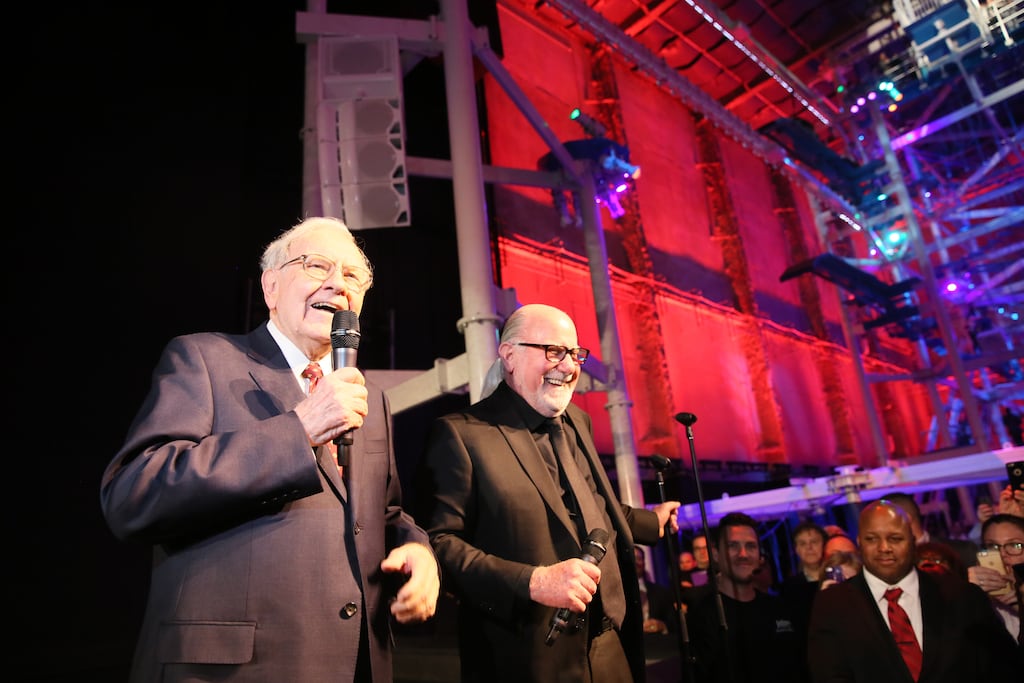
As the omnipresent pitchman for Jordan’s Furniture, Eliot Tatelman is a tough act to follow. But MullenLowe US chief executive Frank Cartagena sounds eager to try.
No, we won’t see Cartagena’s face in Jordan’s commercials. Instead, MullenLowe announced it will be the first ad agency of record for the Dedham-based chain, following several decades when its often-quirky advertising was handled largely in-house.
MullenLowe’s hiring comes as the Berkshire Hathaway-owned furniture chain girds for life without Tatelman at the forefront. Tatelman announced his retirement last month at age 79. His two sons, Josh Tatelman and Michael Tatelman, took over but will not appear in ads like their dad. (Coincidentally, Berkshire Hathaway chief executive Warren Buffett just made his own retirement announcement.)
It was an account that everyone in MullenLowe’s Boston office wanted a part of, Cartagena said. Cartagena is based in New York, but he grew up in Bolton and is all too familiar with the Jordan’s shtick: As a kid, his parents dragged him along for furniture shopping to a Jordan’s store with the promise of watching an IMAX movie there.
“I knew that if we won this, everyone is going to go out to make sure it’s a success,” Cartagena said.
It’s unclear how much longer Tatelman will appear in Jordan’s ads. MullenLowe is still figuring out the best way to transition into the new era.
“The last thing we want to do is just go dark on Eliot,” Cartagena said. “I think you would have a mutiny in New England.”
SharkNinja cleans up its China work
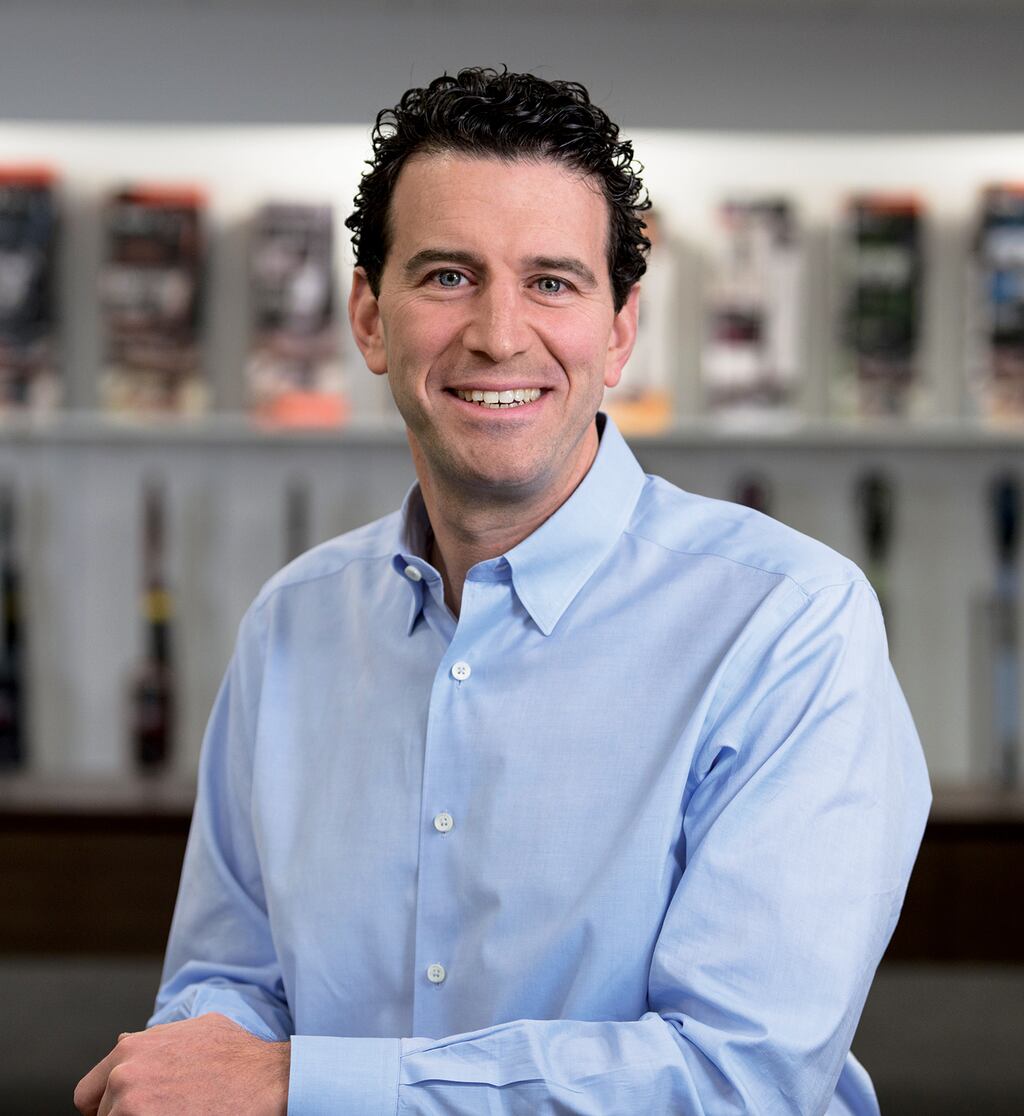
In the consumer products industry, moving your supply chain out of China is all the rage — and for good reason, given the Trump administration’s approach to tariffs on Chinese imports.
Good thing for SharkNinja that the Needham company got a five-plus year head start.
Chief executive Mark Barrocas reported strong earnings on Thursday and a year-over-year revenue increase of 15 percent. He also reported progress in shifting the manufacturing of US-bound products to factories in several countries in Southeast Asia, and out of China.
Investors responded, sending the stock up nearly 13 percent in one day. (Shares soared again on Monday after a tentative deal on China tariffs was announced, though they’re still short of their levels in February.)
All of SharkNinja’s US-bound products were once made in China. Within two months, that will be down to 13 percent, and close to zero by year’s end. The company began diversifying its supply chain in large part because of China tariffs under Trump 1.0.
“It was not fully understood by investors the competitive advantage we were building by [moving] outside of China,” Barrocas said in an interview Thursday. “It wasn’t like we just woke up on April 2 and said, ‘We have to move out of China.’ ”
Heads down in crazy times
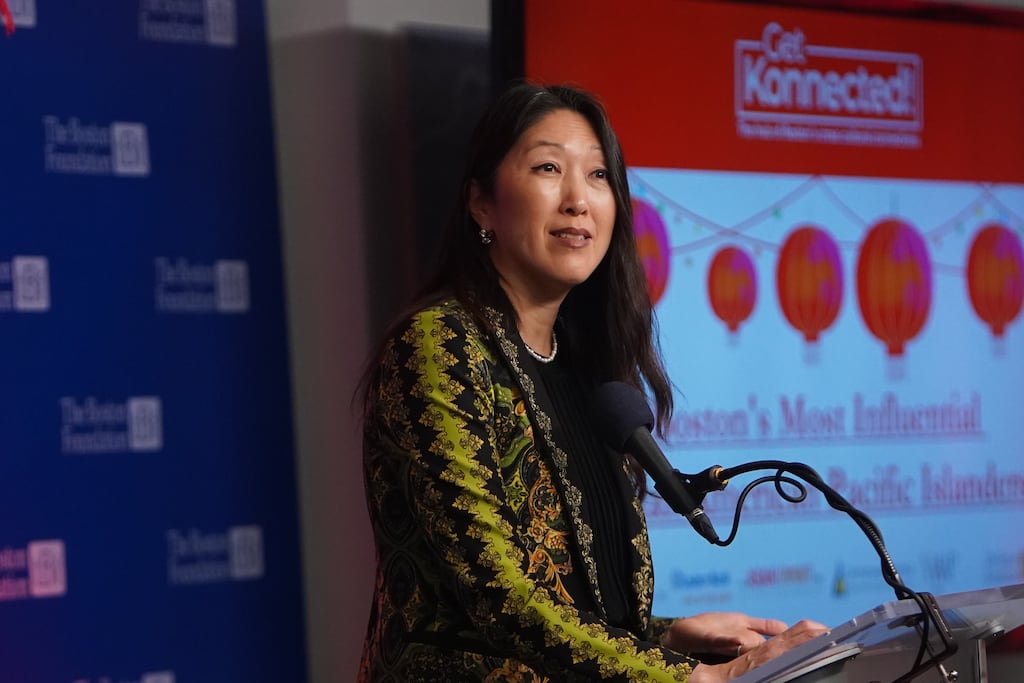
Julie Kim is due to be promoted to chief executive of Takeda Pharmaceutical Co. next year. First, though, the head of the Japanese drugmaker’s US operations had some business advice to share with the hometown crowd.
Speaking on Thursday at the Associated Industries of Massachusetts annual meeting, Kim offered tips and tactics for navigating uncertain times. Judging from recent surveys of AIM members, the crowd could use some cheering up: Business confidence had fallen into negative territory for the past two months, amid concerns about tariffs, federal budget cuts, and executive orders from the Trump administration.
Kim said several biopharma-specific executive orders have added to the general apprehensiveness around her industry, along with the broader “global uncertainty.” (Earlier in the day, for example, Kim spoke on an earnings call about the anticipated impact from one order Trump ended up signing on Monday, known as a “most favored nation” policy, that aims to put a lid on drug prices.)
The key, Kim said, is to stay focused on your own personal mission, as well as your company’s.
“We’re in a moment where [the] landscape is shifting at such a dizzying pace due to both positive and negative forces,” Kim said. “Some days, at least for me, it feels hard to steady ourselves.”
She said executives have managed through disruption before. They can do it again.
She likened the need to stay focused to the act of putting on noise-canceling earbuds when traveling.
“It may feel like we’re on that noisy plane right now,” Kim said. “There are distractions coming from every direction. [But] we can’t be a pinball in a pinball machine being whacked around responding to every single stimulus.”
Trillium cofounders raise spirits at Brewers Association annual meetingMatthew Berlin balances law and music careers with new album releaseNew HBR editor in chief Amy Bernstein looks to grow the publication in AI age
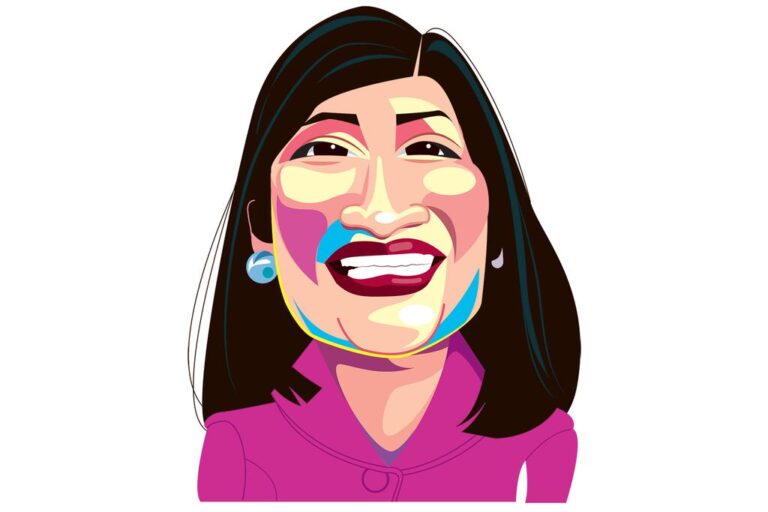



Comment count: